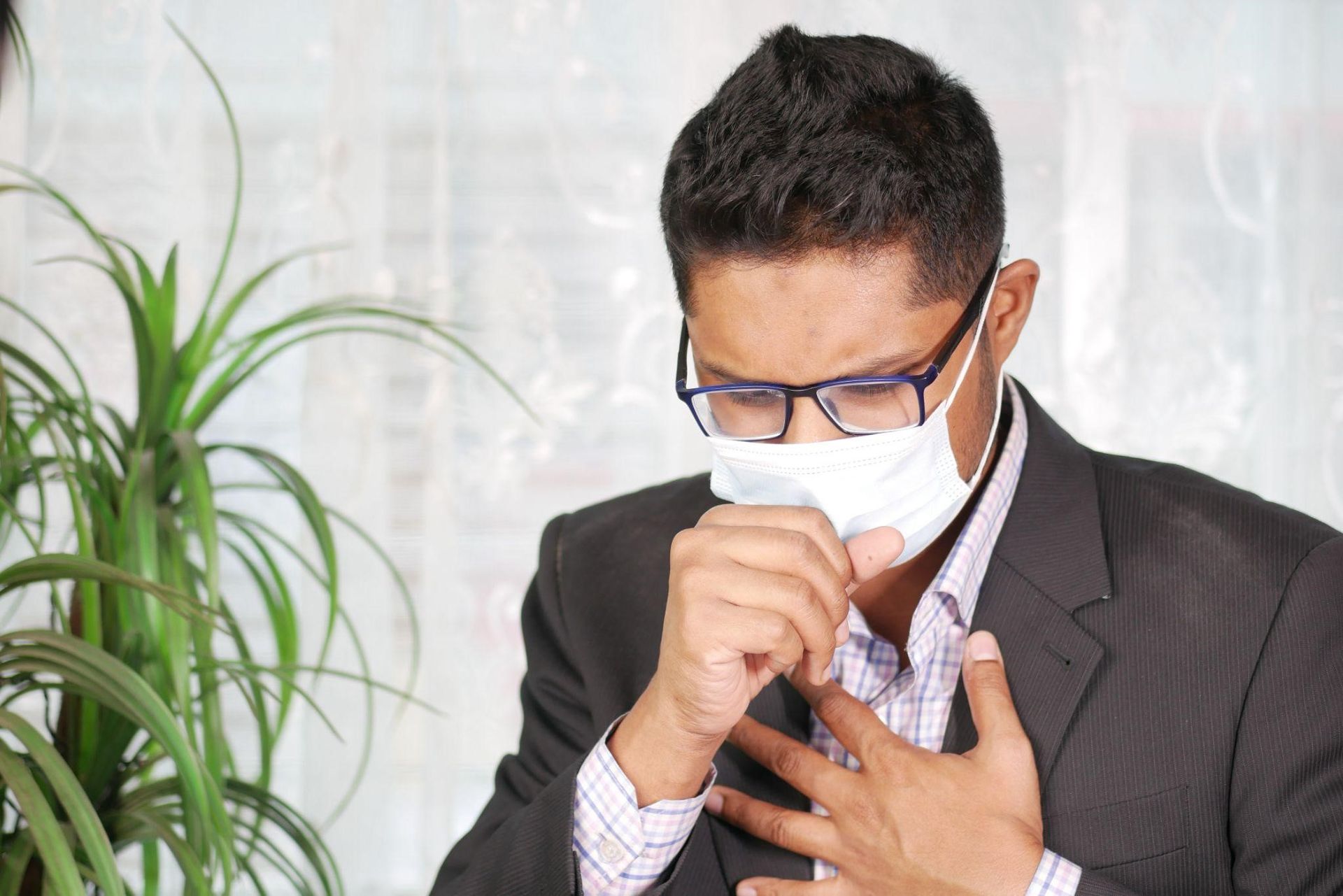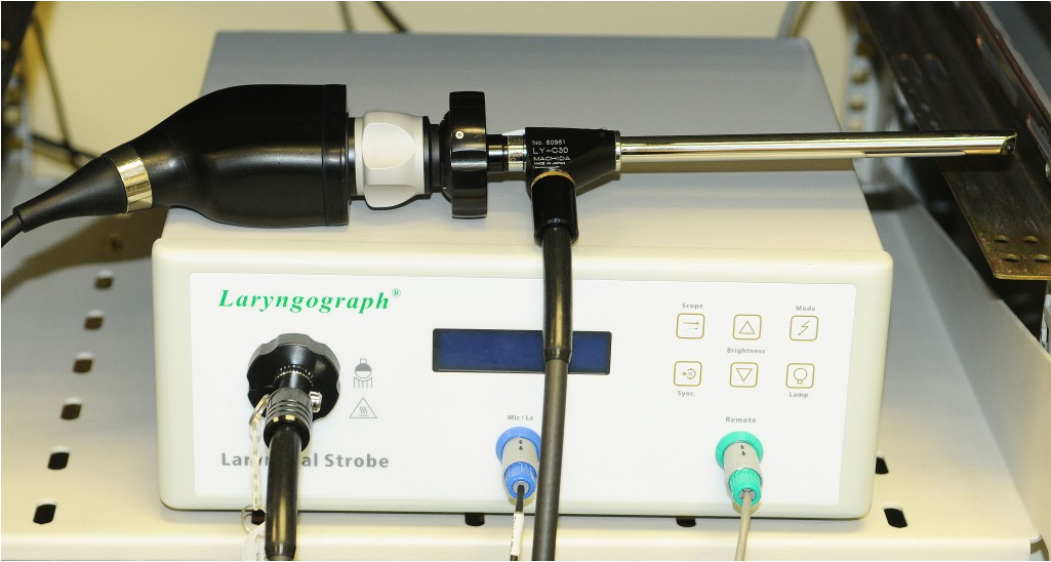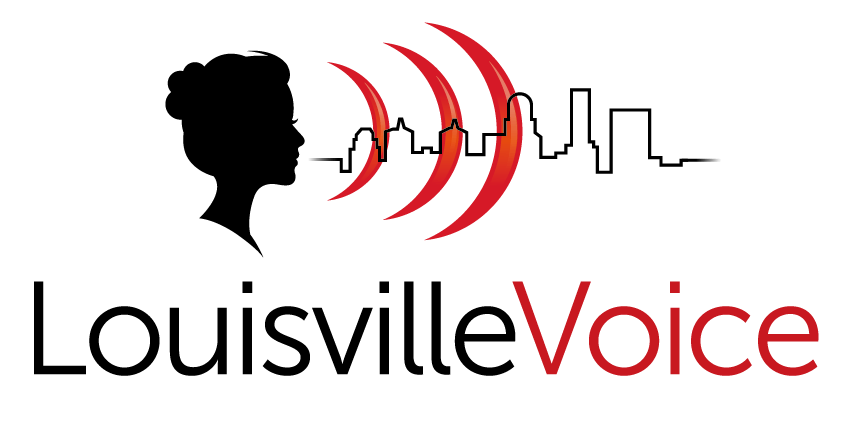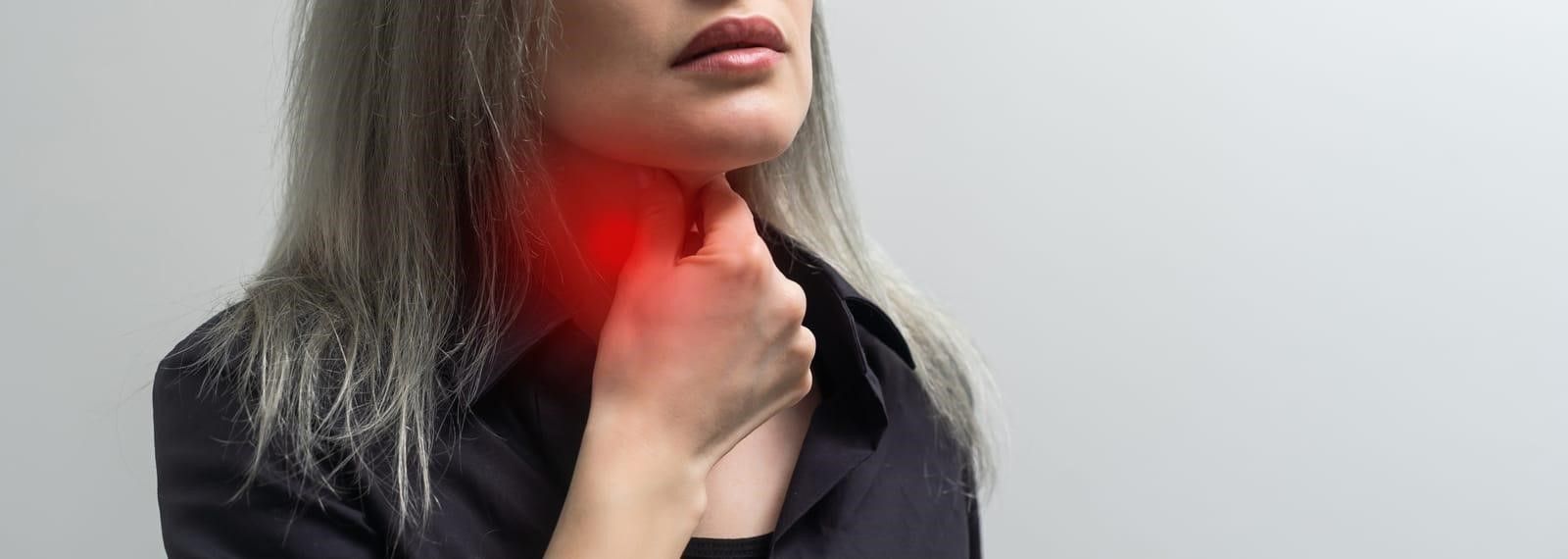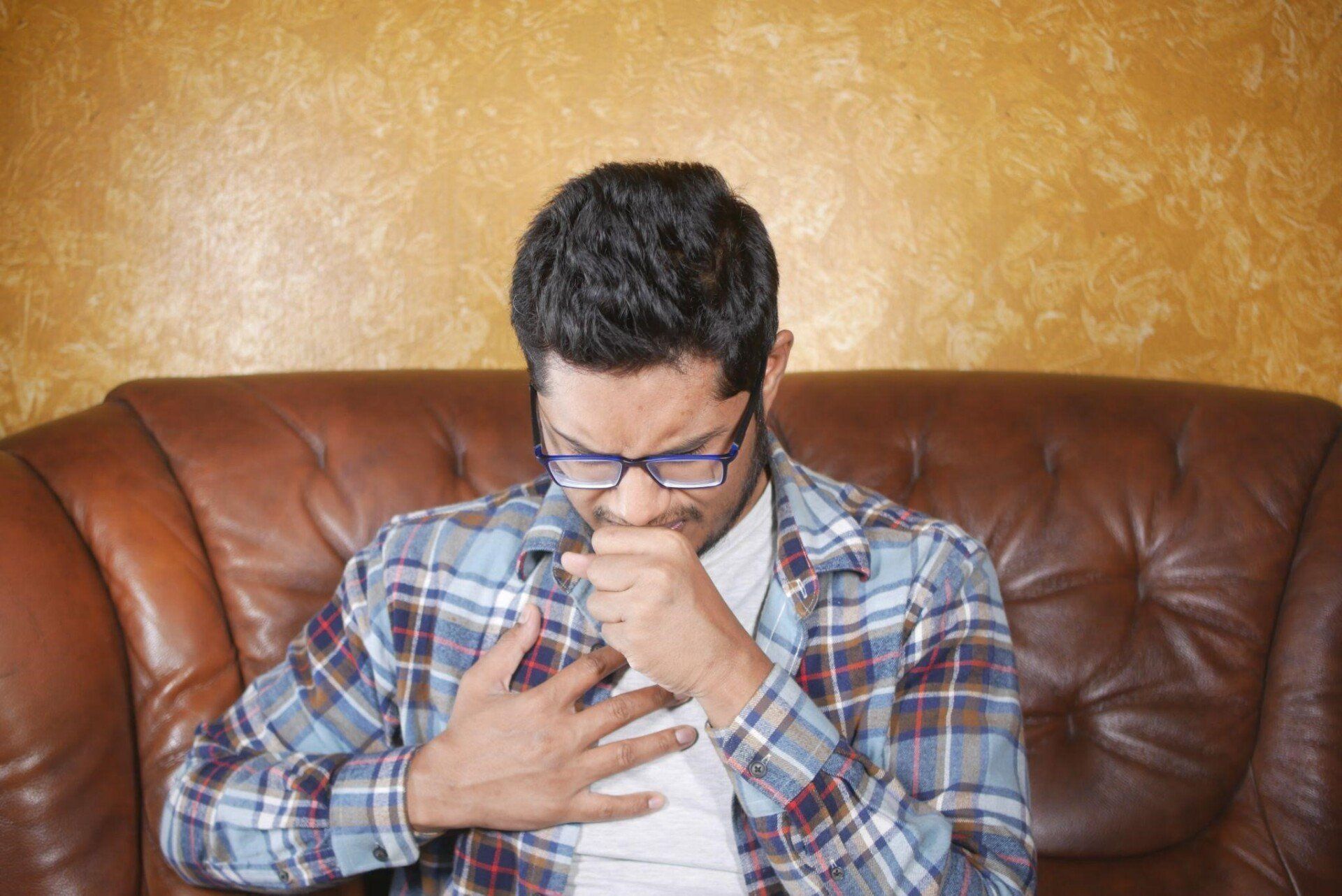What Causes an Esophageal Stricture?
An esophageal stricture is the abnormal narrowing or tightening of the esophagus. When the esophagus contracts, it becomes difficult for food to pass through to the stomach. If food is stuck in the esophagus, it could lead to abdominal or chest pain.
Esophageal strictures can be cancerous or benign and require a proper medical diagnosis. In some cases, these strictures can be simple with smooth surfaces and margins. However, some strictures are complex and have uneven surfaces and narrower openings.
If you’d like to learn more about what causes esophageal strictures, please keep reading.
What Causes Esophageal Strictures?
Esophageal strictures can be caused by any condition or treatment that leaves the esophagus scarred or inflamed. Some of these conditions include:
Eosinophilic Esophagitis
Eosinophilic esophagitis is an inflammatory esophageal condition that occurs when a certain type of white blood cell count is too high. Some people with this condition tend to develop a narrow esophagus that could make swallowing difficult.
This condition can lead to inflammation of the esophageal lining, which eventually leads to strictures.
Gastroesophageal Reflux Disease (GERD)
Gastroesophageal reflux disease (GERD) is a digestive disorder where stomach acids abnormally travel back up the esophagus. When these acids touch the lining of the esophagus, it leaves it inflamed and causes peptic strictures.
Esophageal Cancer
Esophageal cancer occurs when abnormal cells grow uncontrollably on the esophagus. Over time, these growths can form a tumor. These tumors could cause esophageal strictures and make it difficult to swallow.
Radiation Therapy
Undergoing radiation therapy due to cancers in the head, neck, or chest can cause strictures in the esophagus. These strictures can occur for about one and a half years after the treatment.
Surgery
Having recently undergone esophageal surgery can inflame or scar the lining of the esophagus. The inflammation can also eventually lead to strictures.
Other Causes
Apart from the conditions listed above, there are other reasons for developing esophageal strictures. Any injury in the esophagus that’s causing inflammation could cause strictures. Strictures can also develop from consuming certain medications such as antibiotics and non-steroidal anti-inflammatory drugs (NSAIDs). Accidentally swallowing inedible, foreign objects means that they could get stuck in the throat and cause inflammation, also leading to strictures. And in some cases, strictures could be a result of allergies, infections, or ulcers.
Consult a healthcare professional if you think you might have esophageal strictures. They can help determine the root cause of the issue and will educate you on available treatments. As the health professional recommends the most suitable treatment for your condition, you can make an informed decision for your long-term health.
If you’re looking for professional treatment and care for your esophageal strictures, get in touch with Dr. Elizabeth Burckardt, MD. She is a fellowship-trained laryngologist and professional voice surgeon in Louisville, Kentucky, and Jeffersonville, Indiana. She provides surgical and medical treatment for voice, airway, and swallowing disorders. So if you have questions or concerns about esophageal strictures, feel free to contact her by visiting her website or call her at 502-894-8441.

